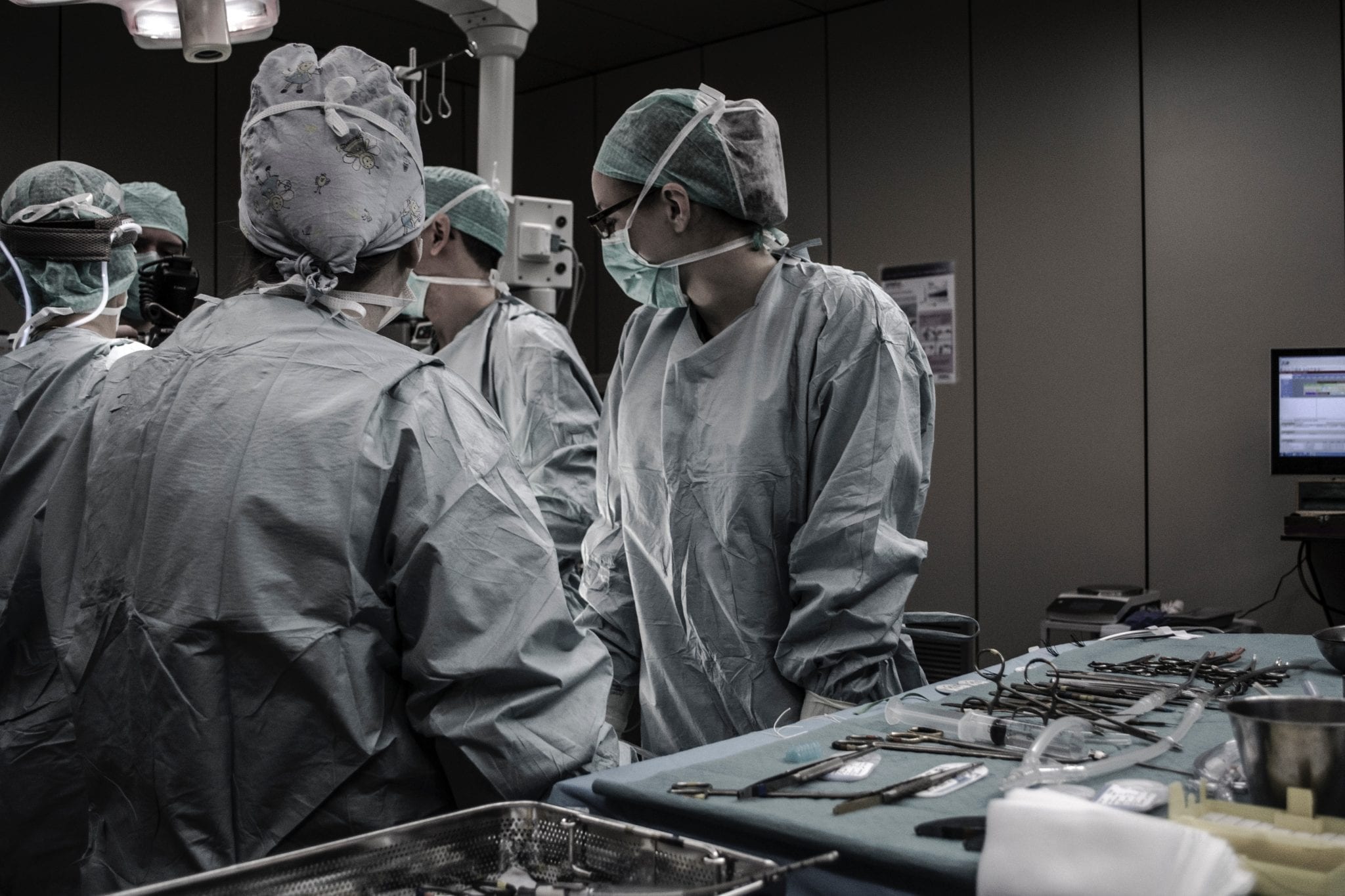Amputee’s Third Attempt at Holding Medical Personnel Responsible Pays Off
Lisa-Maria Carter, a former Department of Defense analyst, has spent the last seven years trying to hold a team of medical personnel at the University of South Florida (USF) accountable a slew of missteps in a routine surgery that eventually left her without her arms and legs. In November 2010, following surgery for the removal of an ovarian cyst, Carter ended up with no hands or feet after her body was ravaged by a flesh-eating bacteria. After two previous trials seeking compensation from the medical personnel that ended in hung juries, the amputee was finally awarded $109 million.
“I’m very, very happy,” Carter said. “I am so thankful to God for blessing me at this point.”
Her attorney, Ken Dandar, said their victory wasn’t an easy one, but persistence and faith in the justice system paid off. “Don’t give up, no matter how bad the injury, no matter how bad your life circumstances are, there’s always another door opening waiting for you don’t give up.”

He added, “Now she sees the doors starting to open where she could go to her own home, buy a home, bring in people to take care of her so she’s not sitting in a nursing home.” Carter was forced to give up her job and will require 24-hour care for the rest of her life.
Dr. Larry Glazerman of USF had claimed during trial that if he had instead knicked a portion of Carter’s bowel, there was no way he could have missed it. “If what we hypothesized happened we would have seen two holes in the bowel clearly,” he insisted. “The skewering at the abdominal wall was impossible. Could not have happened in this case.”
Glazerman’s colleague, Dr. Richard Margolis, came to his defense during trial, agreeing with what his cohort had to say and suggesting that a multitude of other issues had caused the bacteria to go rampant. Margolis said, at first, all the signs and symptoms Carter was undergoing didn’t point to a massive infection. There were many possible illnesses.
“I mean, she had kidney problems. They had to worry about that. She had brain problems, heart problems, respiratory problems, she has so many things, the least of which was her abdomen,” explained the physician. “I don’t think the injury happened right at the time of the surgery, otherwise she would have been much sicker, earlier. I think it evolved over time.”
However, when Glazerman was asked if cutting Carter’s bowels during the procedure would be considered a deviation from the standard of care he had to agree. “I don’t know if I have an opinion on that. Well, first of all, well I would agree with that, yes,” he finally said.
The University’s medical personnel will likely appeal the verdict which could take up to a year to resolve. If USF loses the appeal, however, Dandar plans to take his client’s case to lawmakers in Tallahassee to ask for the full amount the jury awarded her. While they’ve made significant progress, their journey is far from over.


Join the conversation!